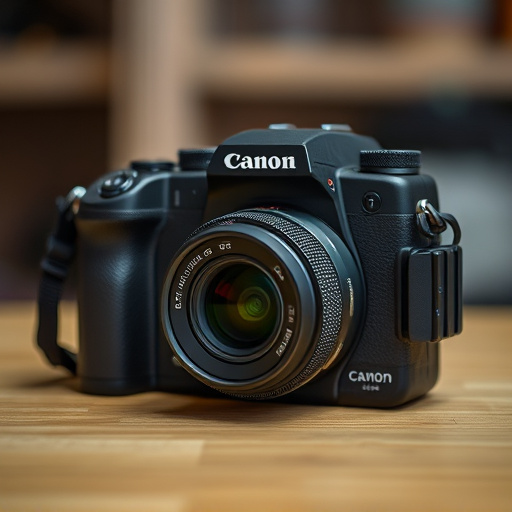The growing popularity of body cameras for sale raises important legal considerations as their use spreads beyond law enforcement. These devices offer transparency but require careful navigation of varying regional regulations regarding activation, data storage, and access to protect privacy rights, officer safety, and evidence admissibility. Understanding these laws is crucial for both law enforcement professionals and citizens considering body camera adoption to ensure ethical and compliant usage in a rapidly expanding market.
In an era where transparency and accountability are paramount, body cameras have emerged as a game-changer in law enforcement. “Understanding Body Camera Laws: A Comprehensive Overview” delves into the legal landscape surrounding these devices, exploring their rising popularity in the form of body camera for sale. This article also navigates the legalities involved in acquiring and utilizing body cameras, offering insights crucial for both professionals and civilians alike. Discover how these portable tools are reshaping interactions between authorities and communities.
Understanding Body Camera Laws: A Comprehensive Overview
Understanding Body Camera Laws is essential, especially as their prevalence increases in various law enforcement agencies and even civilian applications. These devices, known as body cameras for sale, capture video and audio evidence during interactions, offering transparency and accountability measures. However, their use comes with legal implications that vary across jurisdictions.
Different regions have developed specific regulations governing body-worn cameras to balance privacy rights, officer safety, and the admissibility of evidence. These laws dictate when and how officers must activate these devices, data storage and retention policies, and restrictions on accessing and sharing recorded footage. Staying informed about these regulations is crucial for both law enforcement professionals and citizens who might be impacted by their implementation.
The Rise of Body Cameras for Sale and Their Impact
The market for body cameras has seen a significant surge in recent years, with an increasing number of law enforcement agencies adopting this technology to enhance public safety and accountability. One notable trend is the rise of body camera for sale to private citizens. These devices, once primarily the domain of police departments, are now accessible to the general public, leading to widespread adoption across various sectors. From security guards to concerned individuals seeking personal protection, the demand for body cameras for sale has skyrocketed.
This shift has profound implications for society and law enforcement dynamics. On one hand, it empowers citizens to take a more active role in documenting interactions with authorities, fostering transparency and accountability. On the other hand, it raises questions about privacy and data security as individuals capture and store their own personal footage. As body cameras for sale continue to gain popularity, striking a balance between promoting public safety and preserving civil liberties becomes increasingly crucial.
Navigating Legalities: Buying and Using Body Cameras
Navigating Legalities: Buying and Using Body Cameras
When considering the purchase of a body camera, it’s crucial to understand the legal framework surrounding their use. The legality of body-worn cameras varies by jurisdiction, so it’s essential to research and comply with local laws before making a purchase. Many law enforcement agencies and some private individuals opt for body cameras for sale that offer advanced features like high-definition video recording, audio capture, and motion activation. These tools can be powerful evidence in legal proceedings, but their use must adhere to strict protocols to ensure privacy rights are respected.
Before deploying a body camera, users should familiarize themselves with regulations on data storage, consent requirements, and restrictions on when and where the device can be activated. Some states or regions mandate specific procedures for handling and securing recorded footage, while others have guidelines on who can access and view the content. Understanding these legalities is paramount to ensure that the use of body cameras for sale remains ethical and compliant, fostering trust between individuals and the entities that employ them.
